Raise Typeerror Type S Is Not Printable A It depends if you can handle size 0 at the point where size 0 is detected If you can handle it by printing straight away then print otherwise raise an exception to delegate the handling of that condition to something further up the callstack like this def divide three by val if val 0 raise ValueError Can t divide by 0 return 3 val try
Exit out of the Python interpreter and restart it Then print Hello world will work properly It looks like you ve done something like print Hello world replacing the print function with the string The error occurs because you told Python to bind the name print to some string The most common pattern for handling Exception is to print or log the exception and then re raise it allowing a caller to handle the exception as well import sys try f open myfile txt s f readline i int s strip except OSError as err print OS error err except ValueError print Could not convert data
Raise Typeerror Type S Is Not Printable A
 Raise Typeerror Type S Is Not Printable A
Raise Typeerror Type S Is Not Printable A
https://codeleading.com/imgrdrct/https://img-blog.csdnimg.cn/eb7f1b69c1a647ee889cc2dbf239cf35.png
Its a bit different between 2 x and 3 x but use isinstance to figure out type and then raise the exception if you are not satisfied class calibration object def init self inputs outputs calibration info interpolations 2 if not isinstance inputs basestring raise TypeError input must be a string Python2 differentiates
Pre-crafted templates provide a time-saving service for developing a diverse variety of files and files. These pre-designed formats and layouts can be used for different personal and expert tasks, including resumes, invites, leaflets, newsletters, reports, discussions, and more, enhancing the content development process.
Raise Typeerror Type S Is Not Printable A

Raise TypeError f Object Of Type o class name For Serializers
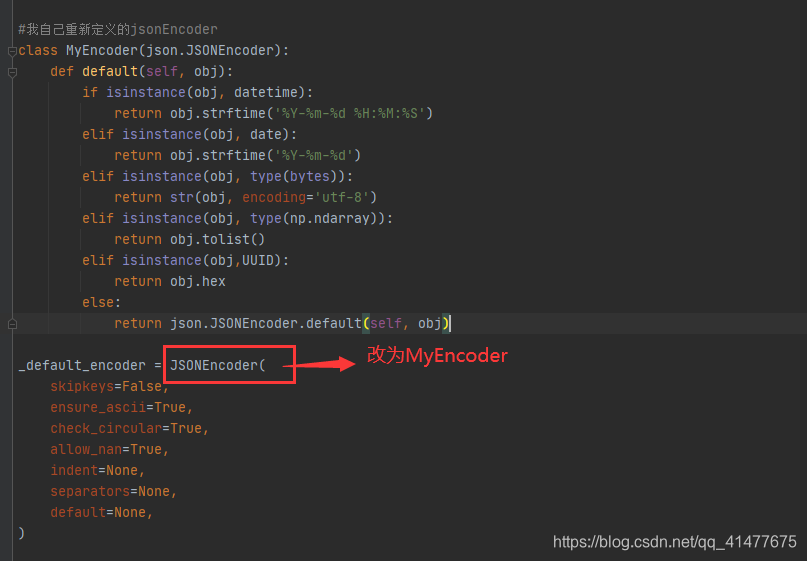
TypeError Object Of Type Xxx Is Not JSON Serializable typeerror
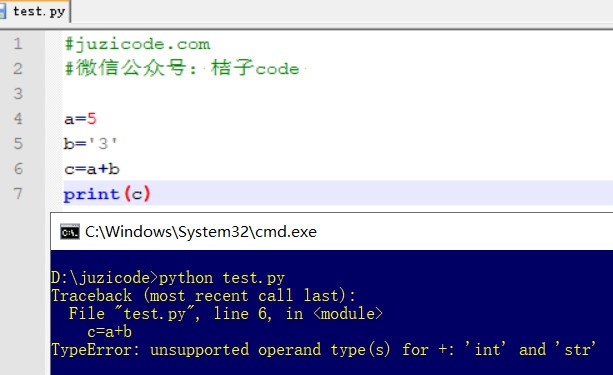
Python Data Type Error Typeerror Can Only Concatenate Tuple Not Str Riset

Typeerror Type Object Is Not Subscriptable Steps To Fix

Python Raise raise Typeerror CSDN

TypeError type Object Is Not Iterable Amol Blog

https://stackoverflow.com/questions/54660092
1 According to Python 3 documentation TypeError is Raised when an operation or function is applied to an object of inappropriate type The associated value is a string giving details about the type mismatch This exception may be raised by user code to indicate that an attempted operation on an object is not supported and is not meant to be

https://realpython.com/python-raise-exception
A common approach to tackle these issues is to raise an exception notifying the user that an error has occurred That s what Python s raise statement is for Learning about the raise statement allows you to effectively handle errors and exceptional situations in your code This way you ll develop more robust programs and higher quality code
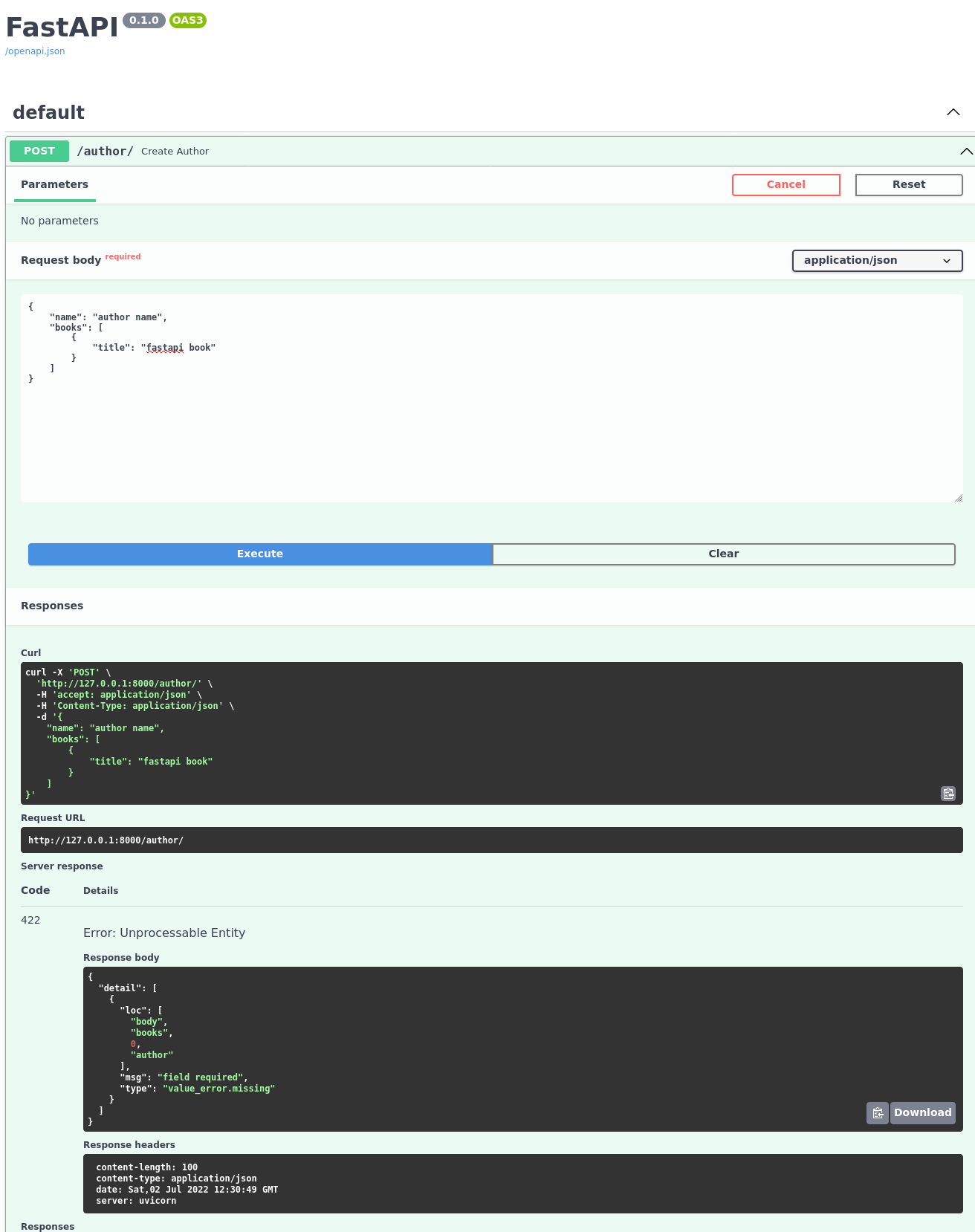
https://stackoverflow.com/questions/52267909
Try isPrime bob You shouldn t use type typename in general you should use isinstance input type instead To give an error you want to raise the error In this case since it s the wrong type you can raise TypeError instead of return None
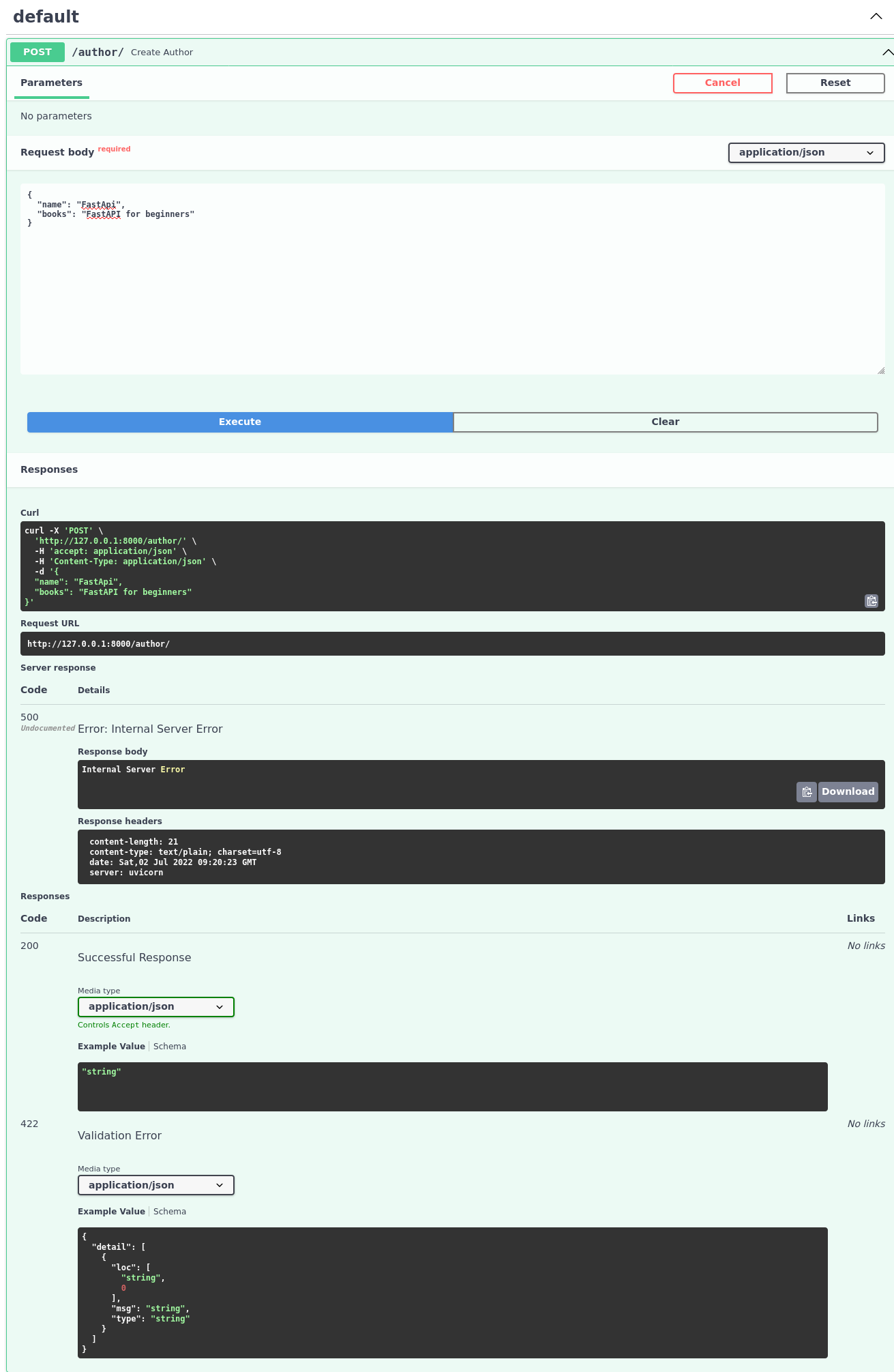
https://www.w3schools.com/python/gloss_python_raise.asp
X 1 if x 0 raise Exception Sorry no numbers below zero Try it Yourself The raise keyword is used to raise an exception You can define what kind of error to raise and the text to print to the user Example Raise a TypeError if x is not an integer x hello if not type x is int raise TypeError Only integers are allowed
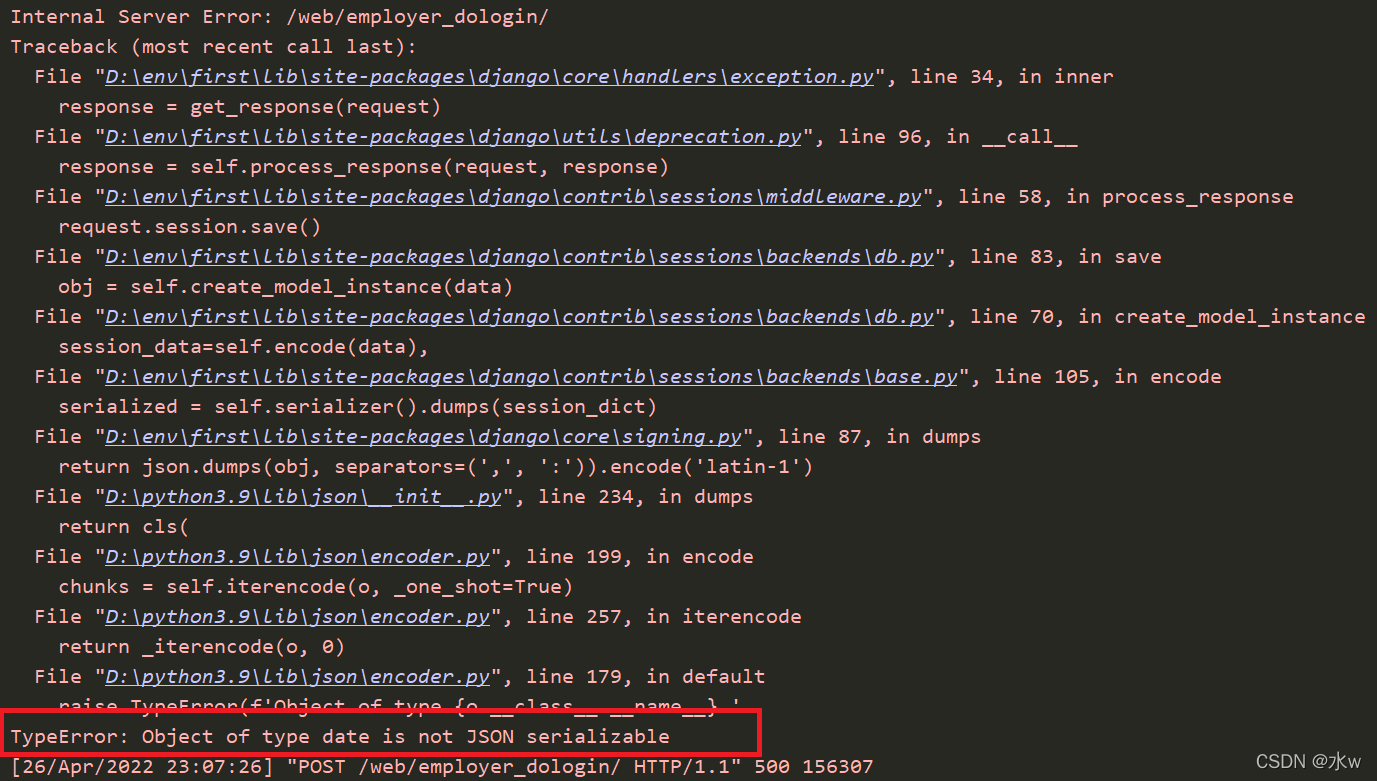
https://www.pythonforbeginners.com/basics/typeerror-in-python
So the python interpreter will raise a TypeError exception as shown below list1 1 2 3 list2 4 5 6 myResult list1 list2print First list is list1 print second
In case you want to re raise the exception simply writing raise is sufficient You can furthermore specify a tuple of exceptions to catch and make v optional here for example def prefill n v None try n int n except TypeError ValueError raise TypeError 0 is invalid format n else return v n The raise statement allows you to force an error to occur You can define both the type of error and the text that prints to the user Note that the argument to raise must either be an exception instance or a subclass deriving from exception
118 Explanation of error NoneType object is not iterable In python2 NoneType is the type of None In Python3 NoneType is the class of None for example print type None Python2 In Python2 the type of None is the NoneType type